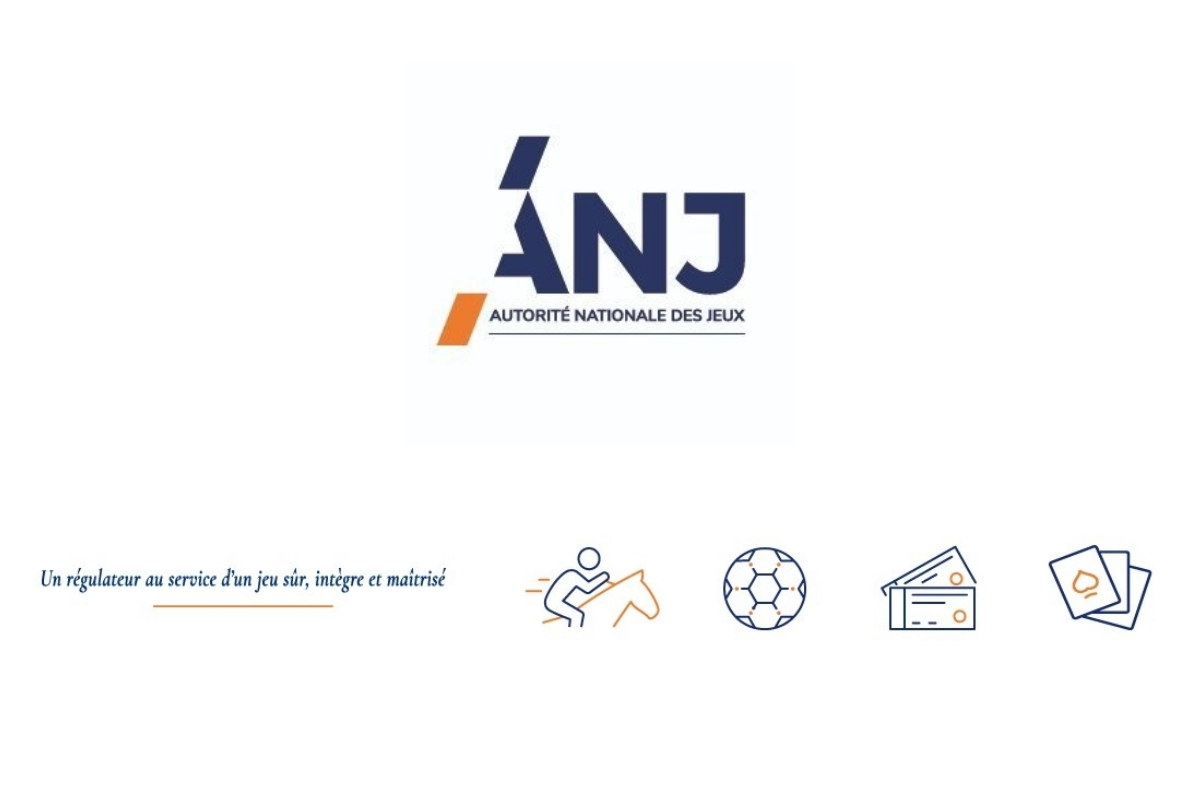Compliance Updates
The ANJ publishes its 2024/2026 strategic plan aimed at drastically reducing the proportion of excessive gamblers

Three years after its establishment and the introduction of the new gambling regulation, the ANJ is presenting its strategic plan for 2024-2026. The reduction of excessive gambling and the social damages it causes, as well as the protection of minors, are at the heart of its actions. To achieve this ambitious objective, which reflects a problem that is no longer individual but social, the ANJ is calling on all economic and institutional players concerned to work alongside it.
The first cycle of regulation under the aegis of the French Gambling Authority (ANJ) ended in 2023 with the observation that the gambling market was booming, with revenues of more than ‚ā¨13 billion, representing an increase of more than 50% since the opening of the market in 2011. Over the years, gambling has become a mainstream consumer product for people of all ages and from all walks of life: more than half of all French people now gamble, spending more than ‚ā¨55 billion each year. Gambling is at the heart of our societies, and this phenomenon can be observed in every European country.
However, gambling is not a product like any other, and it is the risks inherent in this activity that have justified the government’s implementation of a restrictive regulatory policy, which translates into a legal objective of limiting and supervising the supply and consumption of gambling.¬† In 2019, the public authorities wanted to strengthen player protection and the ANJ was created with this objective in mind.
Although gambling operators have made significant progress in this area over the past three years, problem gambling still plays too large a role in the gambling market. In 2019, the Gambling Observatory estimated the number of at-risk gamblers at 1.4 million, including almost 400,000 at pathological level. In total, problem gambling accounts for more than 38% of the sector’s turnover and excessive gambling alone for 21%. These figures, which are due to be updated shortly, illustrate the reality of a social problem, particularly for young people, with collateral damage in the gambler’s in the gambler’s immediate environment: excessive debt, family problems, difficulties at school, etc.
In this context, the ANJ has been working with all stakeholders to define the new regulatory guidelines for the period 2024-2026. These place the protection of minors and the reduction of excessive gambling and the social damage it causes at the centre of the regulator’s activities, like a common thread that inspires all its actions.
The ANJ’s new roadmap is based on three fundamental pillars:
- The first of these pillars, which reflects the public health implications of regulation, aims to drastically reduce the proportion and number of excessive gamblers in the gambling market. This key objective for the ANJ will require major efforts on the part of operators. It cannot be achieved without a coherent and balanced regulatory policy aimed at consolidating the French gambling market model.
- At the same time, this requires the ANJ to continue its efforts to preserve the transparency and integrity of the sector, with the fight against illegal gambling at the forefront (second pillar), and to strengthen the economic dimension of regulation in order to gain a better understanding of market balances and provide solutions to the changes it is facing today (third pillar).
Finally, the strategic plan is based on three foundations that are the conditions for the success of its ambition: to make scientific knowledge of the market and gambling practices the compass of regulation; to embody, at national and European level, regulation based on dialogue and cooperation to drive the repositioning of the market; and finally, to position the ANJ as a laboratory for bold, effective and exemplary public action.
This is a critical time for the French gambling market: it can both destabilise and strengthen the French model.  This strategic plan should help to strengthen the French regulatory model as an acceptable compromise between openness and protection.
Isabelle FALQUE-PIERROTIN, President of the ANJ, said: “After three years in office, we now believe that the regulation of gambling must take a turn that involves the market gradually moving towards a less intensive model. This voluntary target to reduce the number of excessive gamblers and to strengthen the protection of minors will be monitored over a period of 3 years and adjusted in line with monitoring indicators and prevalence studies. It can only be achieved if all the players join forces alongside the regulator to move the goalposts: gambling operators, public authorities, institutions, associations, etc. ‚Äú
-

 Africa6 days ago
Africa6 days agoPlay’n GO takes games portfolio live with the Goldrush Group in South Africa
-

 Asia5 days ago
Asia5 days agoLGUs, state university get Php20-M emergency vehicles from PAGCOR
-

 Latest News6 days ago
Latest News6 days agoPG Soft serves up Diner Frenzy Spins
-

 eSports5 days ago
eSports5 days agoEsports World Cup 2025 Unveils Official Song of the Year and Full Opening Ceremony Line-up
-

 Africa6 days ago
Africa6 days agoALA Hosted Seminar on Artificial Intelligence and Cybersecurity
-

 Africa5 days ago
Africa5 days agoDRC Signs MoU for Public-Private Partnership with Burundi’s East African General Trade Company
-

 Africa5 days ago
Africa5 days agoSpringbok Casino Unveils ‚ÄúKrugerassic Park‚ÄĚ Featuring Dino-Wilds to Celebrate Jurassic World: Rebirth Sequel ‚Äď Plus 25 Free Spins on T-Rex 2 slot
-

 Latest News6 days ago
Latest News6 days agoJuicy Wins, Crystal Clear: ELA Games Releases New Luxury Title

































